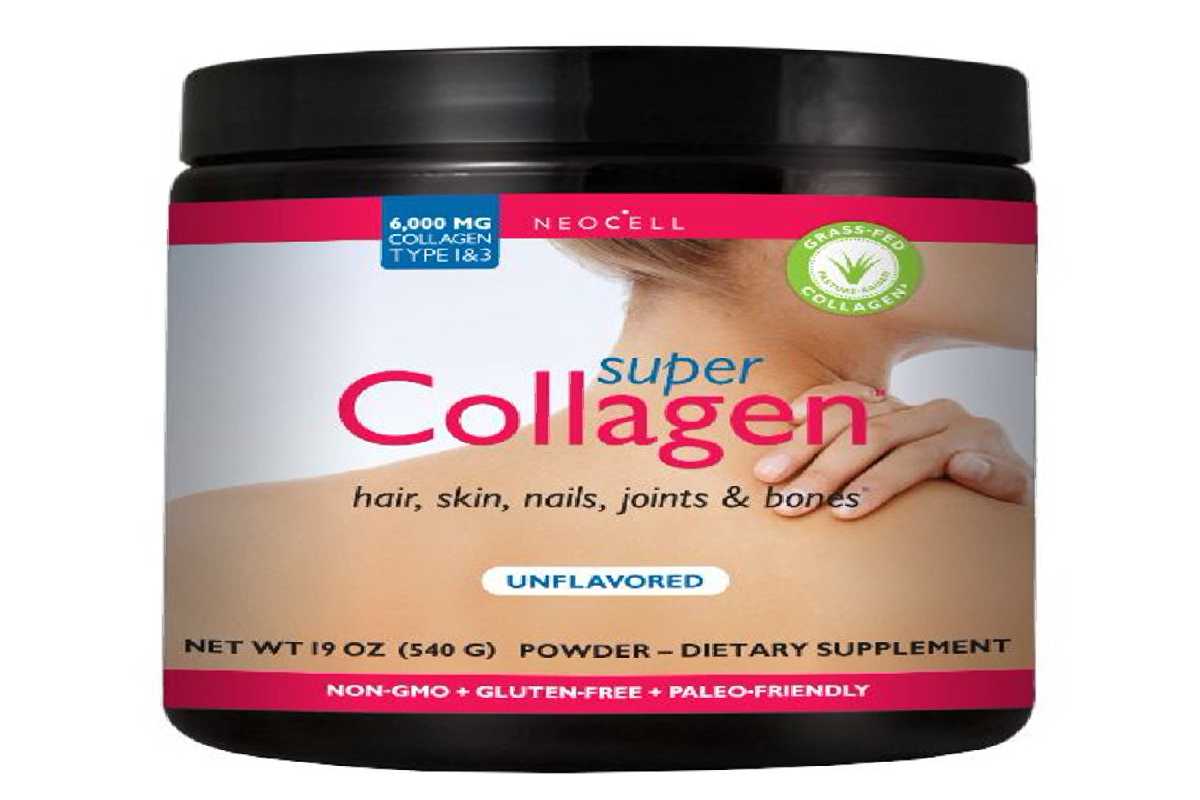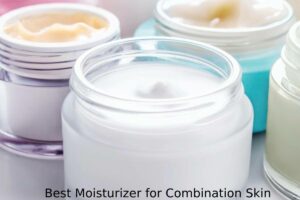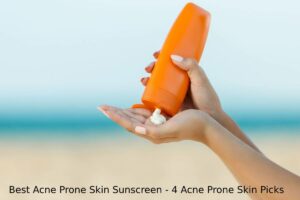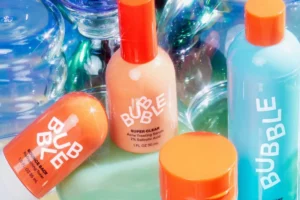
what is Collagen?
What is Collagen? : Including one of the top collagen supplements in your daily routine can provide a slew of health advantages. But what exactly is [collagen]? Is it possible to get [collagen] from food? Is collagen good for wrinkles? Here’s everything you need to know, as well as a list of the top collagen supplements to add to your shopping cart.
“[Collagen] is really the substance that holds everything together in the body,” says Pulse Light Clinic dietitian Lisa Borg. It is necessary for the health of our bones. The bouncy protein is the primary scaffolding of our skin. It is responsible for giving our skin firmness and elasticity, as well as making our complexions look smooth, youthful, plump, and silky.
Furthermore, according to dermatologist Dr Elif Benar, “using [collagen] supplements may strengthen the strength of your nails by preventing brittleness.” “It may also increase the growth of your hair and nails.” Taking [collagen] may enhance muscular protein synthesis, such as creatine, as well as muscle development following exercise.”
More on it
Sounds important, doesn’t it? True, it’s one of the building blocks for amino acids, which are essential for skin health. Except that as we age, our bodies’ ability to create [collagen] naturally declines – and when our bodies are low on [collagen], “it is used for more necessary repairs such as muscle growth,” according to Lisa, which means our complexions don’t get much of a look-in.
“By far the best way to top up our [collagen] levels is to consume collagen-rich foods [high protein foods such as beef, eggs, chicken, and fish] or to supplement with some of the best collagen supplements such as collagen capsules or collagen powders that can be added to liquid-based foods such as soups and stews,” Lisa says.
Looking for something more specific? Look here for the best beauty supplements, here for the best probiotics for women, and here for menopause supplements or sleep pills.
Is it a smart idea to take a collagen supplement?
In a nutshell, sure. “Several studies have indicated that [collagen] peptides or supplements containing [collagen] may help reduce the aging of your skin by reducing wrinkles and dryness, as well as a considerable increase in skin suppleness,” Dr. Elif explains. “Clinical research I studied on [collagen] hydrolysate supplementation demonstrated a statistically significant increase in skin elasticity and increases in skin moisture, with a reduction in fluid loss with no negative effects,” Lisa agrees.
“Taking [collagen] supplements may stimulate the creation of other proteins that help build your skin, such as elastin and fibrin,” Dr. Elif says. “According to one study, regular oral supplementation with fish [collagen] resulted in a considerable improvement in skin elasticity and moisture.”
And the benefits of [collagen] extend beyond attractiveness and healthy skin. It’s an excellent wellness vitamin that has been shown to relieve joint pain and discomfort. Regular [collagen] doses can help improve joint health and osteoarthritis symptoms if you have sensitive ligaments.
Which collagen kind is the most effective?
“There are twenty-nine different types of collagen,” explains Dr Elif, “but the vast majority of collagen in the human body is type one, two, or three.” “Collagen type one is by far the most frequent and is responsible for the suppleness and strength of the skin.” “Collagen type two is found largely in cartilage, while collagen type three is found in skin, blood vessels, and internal organs,” he says. “The kind required depends on the health aim, but for attractiveness, type one and three are excellent,” Lisa suggests.
What is the source of the collagen in collagen supplements?
“The source and type of supplements vary: The most prevalent collagen supplements [from cattle] are bovine collagen supplements, which contain collagen types one and three and are widely marketed for hair, skin, and nail health. “[Collagen] derived from fish, which is becoming increasingly popular, has mostly type one collagen,” explains Dr Elif. However, you can obtain them from eggshells, as well as vitamin C. “Not all collagen supplements are made equal, and for some people, one source may be prohibited from the diet for religious or cultural reasons.
“Most collagen supplements have been hydrolyzed, which means the manufacturer has broken the [collagen] down into peptides that the body can absorb and use.”
How should a collagen supplement be taken?
“[Collagen] supplements come in powder, tablet, pill, and liquid forms.” Personal preference governs the selection of [collagen] supplement type. “There is no major difference in efficacy between them,” he adds. Instead, choose a shape depending on what works best for your lifestyle.
“Capsules would be great for the busy person who rarely prepares their own food,” Lisa explains. “However, I believe that a powder form is the most versatile because it may be adding to a variety of foods or blending with water or juice.” [Collagen] powder can be using to homemade jams, smoothies, and baked goods, or blended with water or juice for a quick [collagen] “shot.” You may also mix some [collagen] into your protein powder after a workout or consume it with amino acids.
How much collagen should I consume per day?
This is dependent on how depleted your [collagen] stores are, your age, and other environmental factors, but Lisa recommends a daily intake of 2.5-5 grams.
What are the risks of consuming collagen?
Taking [collagen] supplements isn’t necessarily risky, but “if you have a diagnosed medical issue. You should consult with your GP before beginning on a self-prescribed supplement programme,” Lisa advises. “Finally, outcomes vary per individual. But I would recommend a minimum of eight weeks to truly know if it is working for you.”
“I only recommend products from reliable merchants that do not contain preservatives, additives, or fillers,” Lisa explains. Basically, purchasing [collagen] supplements from untrustworthy websites on the internet is a bad idea. Shop at Boots, Holland & Barrett, Cult Beauty, Look Fantastic, and Feel Unique. Also, examine the contents list carefully; fillers to avoid include carrageenan and titanium dioxide.
Also Read: Best Oils For Hair






